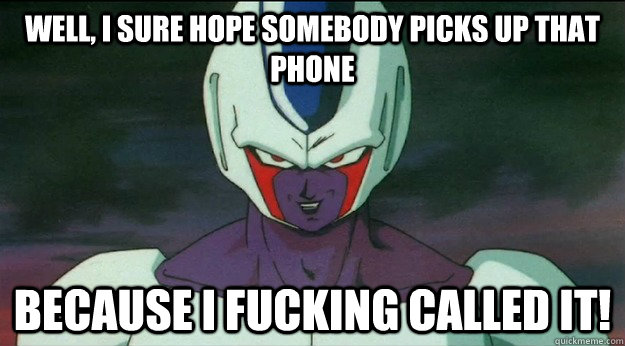I don't know how to put it in wrestling terms, so I'll put all the comic terms out there and maybe you can figure out what that leads to in terms of the analogy you're weaving.
So Ales Kot did three books at Marvel. The first one is Iron Patriot, with art by Garry Brown of that one comic he did with Crossfit Philosopher Brian Wood. It's about Rhodey trying to make the Iron Patriot thing work in the current era of the American Deep State. It's a great setup, and there's some really tense moments in there, but it never really amounts to anything. It got the early kiss of death, got packaged into a mini and quickly got forgotten.
The second book, Secret Avengers, is one of the all-time great Marvel runs. I'd put it next to the Allred-Milligan X-Force any day of the week, at the very least. It's Kot and Walsh doing what starts as an over-the-top action comedy, but then deep down it's a statement on the intersections between superhero fiction, post 9/11 American foreign policy and masculinity in nerd culture. (that last part got super on point as Gamergate happened, which, that was a strange thing to see) It's funny and it's insightful and I love it. It's really really good and it's why I get so fucking mad when I see what Nick Spencer has done with Maria Hill.
The final book is Bucky Barnes: The Winter Soldier and people hate the shit out of it. But they're straight-up wrong. It's basically taking some of the themes and ideas that showed up in Zero and setting them on the setup of Bucky doing the weird spy shit on the weirdest fringes of the Marvel Universe. So it's talking about toxic masculinity, its influence on fiction and on how we think of the future, but it's all done in the most bugfuck way possible, because one of the artists is Marco Rudy, and Marco Rudy does fucking beautiful painted spreads that tell you a lot but not in the straightforward way you want him to. And the plot involves multiple drug trips and dreamstates so the shit is extra-confusing, it's is gorgeous but also a pain to read. The second artist on the book is Langdon Foss (of The Surface, which turned out to be a key work to understanding how Ales Kot works, it comes with the hearty endorsement from me), and that's when the book gets clearer in its story and in its thesis statement, but not by much, and not in a way where you can clearly see what it has to do with the rest of it. It's a cursed book. It's hecka divisive. I love it. Most people hate it.
Really interested in seeing who that ends up mapping to.

_and_Fin_Fang_Foom_(Earth-616)_from_Astonishing_X-Men_Vol_3_37_0001.jpg/revision/latest?cb=20111210104550)

